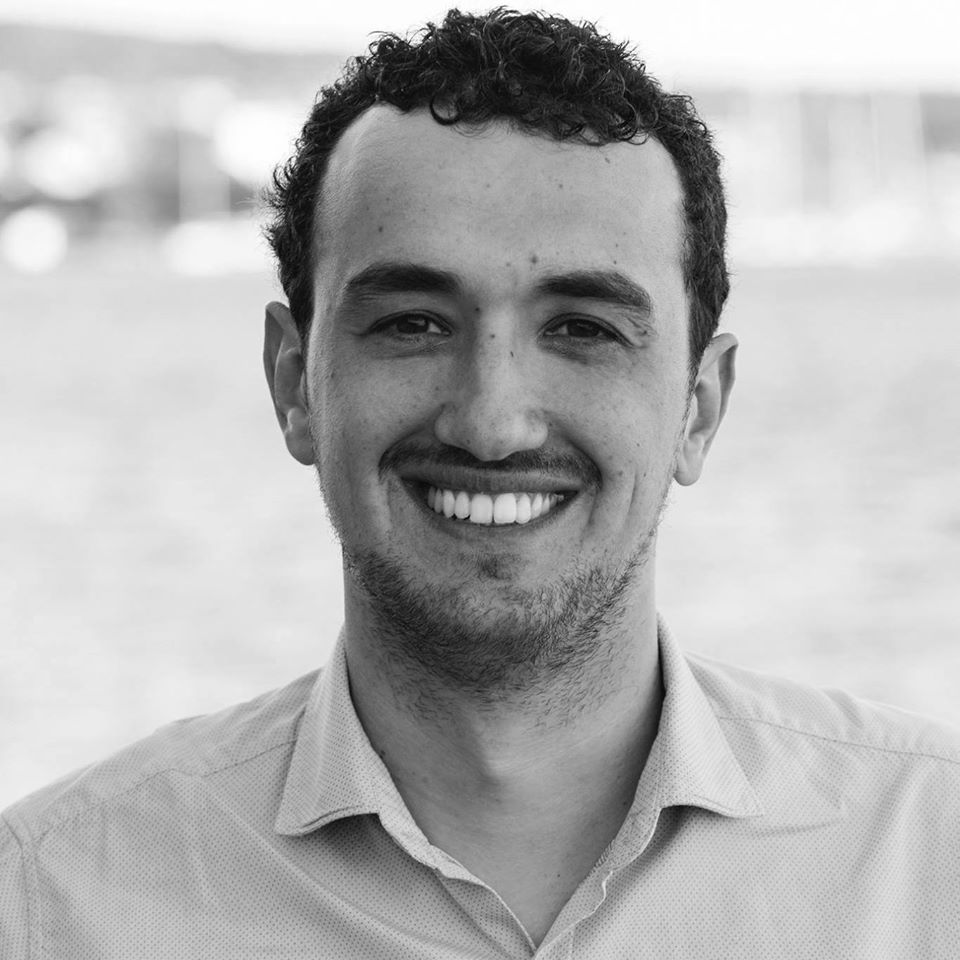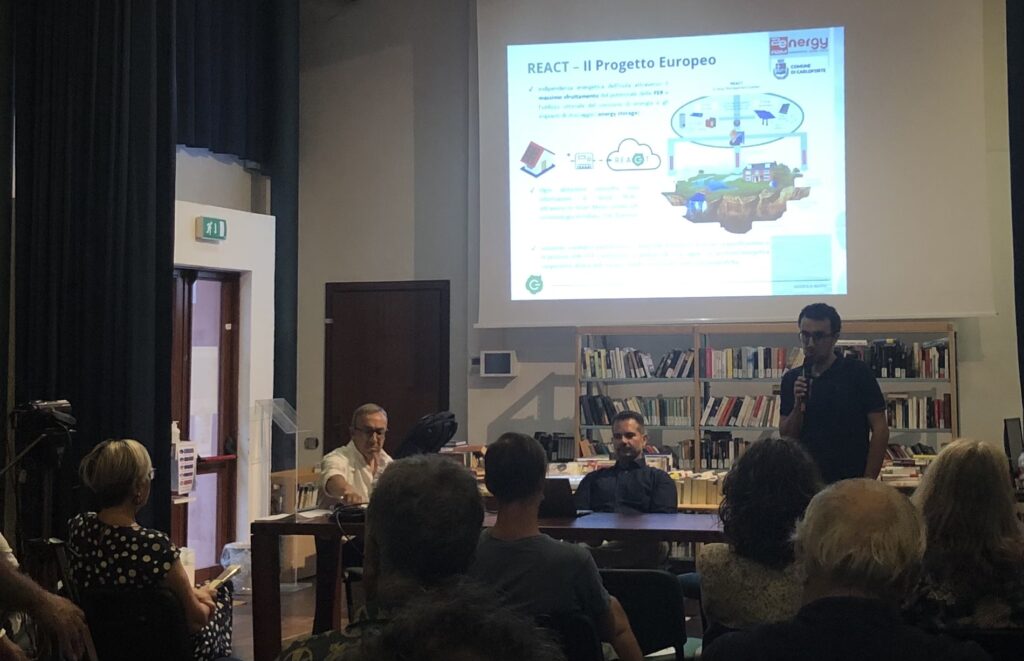The Mayor of Carloforte, Stefano Rombi, answers to our questions. Thanks Stefano for your commitment.
1. As Mayor of Carloforte, how would you describe the current energy situation on the island? What are your ambitions and urban planning tools in place towards the energy transition?
The Island of San Pietro is interconnected at energy level. This ensures a secure and continuous energy supply. However, the municipal administration has been engaged for about fifteen years in actions aimed at transforming Carloforte into the first Italian island capable of self-producing and self-consuming energy produced entirely from renewable energy sources. This process, which began in 2007 with the project – implemented only in part – “San Pietro Ecological Island of the Mediterranean,” has had an important acceleration following the H2020 REACT project and the opportunities offered by the energy community scheme. We therefore continue to work to make San Pietro a zero-impact island and, from this point of view, it is certainly relevant to recall the upcoming establishment of an energy community with more than 500 users interested.

2. The REACT project is almost at the end (June 2023) and many activities, both technical (feasibility studies, installations, and their monitoring) and social (involvement of local stakeholders) have been carried out for the benefit of the municipality and the same citizens of Carloforte. Back to the REACT project idea, what pushed you to nominate Carloforte as a pilot site for the project?
The REACT project has been a decisive accelerator in the strategy of the Municipality of Carloforte. Thanks to REACT, Carloforte was able to promote its image as a leading island in experimenting the most advanced technologies in terms of energy saving, PV, energy storage and heat pumps. We joined REACT essentially for three reasons: 1. to guarantee our fellow citizens the best opportunities and the most advanced technologies in the field of renewable energies; 2. to demonstrate to the partners and the European commission that the Municipality of Carloforte, also thanks to R2M Energy Srl and R2M Solution Srl’s consultancy, has the competence to manage and bring to fruition projects with a European scope; 3. to guarantee Carloforte and its community new and different opportunities for territorial, local promotion.
3. How much satisfied is the municipal administration with the results achieved? How was the collaboration with the various consortium partners?
The administration is undoubtedly satisfied with the results, the achievement of which, moreover, would have been impossible without the fruitful collaboration created among the project partners.
4. Looking to the future: what ambitions do you aspire to? Are there regional and national initiatives to support energy self-sufficiency measures (regional/national calls, PNRR, etc.) that could be put in synergy with European R&I funds?
In the immediate future, Carloforte aspires, on one hand, to fully make the energy community effective; on the other hand, to upgrade the photovoltaic power plant already present in Nasca area, on which we are working to double energy production (today equal to 1 MWp) thanks to PV installed on public and private buildings, and to include a wind power plant. These intermediate goals are aimed at making San Pietro Island energy self-sufficient. From this point of view, we intend to take advantage of all the financial opportunities put in place by the Sardinian Region and the Italian Government as far as the energy communities and promotion of renewables are concerned. In parallel, with the help of our consultants, we intend to seize all the opportunities available at European level.

5. Finally: having REACT in Carloforte meant also sending a clear message towards promoting a renewable energy community supported by the municipality. What is the state of the art now? Can you give us some tangible data? What is the outlook from here in a few years?
In fall 2022, the process of establishing the Carloforte Renewable Energy Community (REC) kick-started and today counts on over 500 participants. At this stage we are working to make the REC economically sustainable by balancing the number of consumers, prosumers, and investors. We are very confident we will see the first results within the upcoming 2 years.